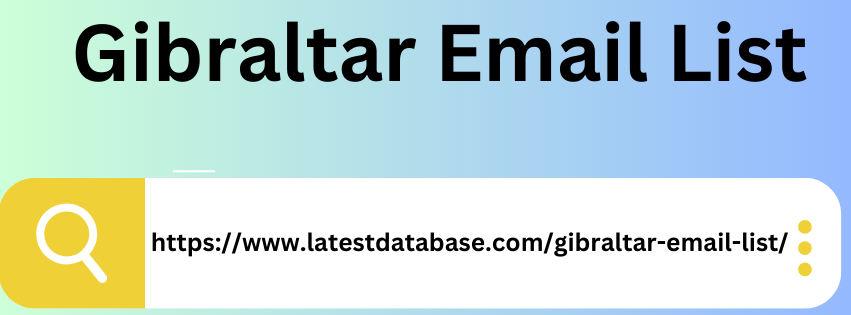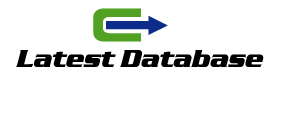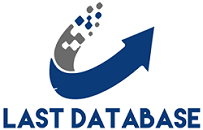The Data Act is the second legislation in the EUs data strategy and is Gibraltar Email List in line with the Open Data Directive. As promised by the Commission, the Data Act is part of the broader EU digital strategy and digital objectives. The Commission is keen for the EU to retain its global leadership role, driving robust standards for a digital age. The Data Act is designed to rebalance control and power over data and hands more control back to consumers and small and medium-sized enterprises (SME) to more broadly unlock industrial data.

At first glance, the proposal appears to be a step in the right direction of ensuring citizens have power over their own data. Interoperability remains key to empowering citizens and enabling better sharing online. The predominant model of sharing where content created on large platforms is owned and monetized and where algorithms can foster the spread of misinformation and fake news is failing citizens and democracies alike. Core elements of the Act include: Facilitating access to and the use of data by consumers and businesses, while preserving incentives to invest in ways of generating value through data: This includes clarifying the application of relevant rights under Directive //EC on the legal protection of databases (the Database Directive) to its provisions.


